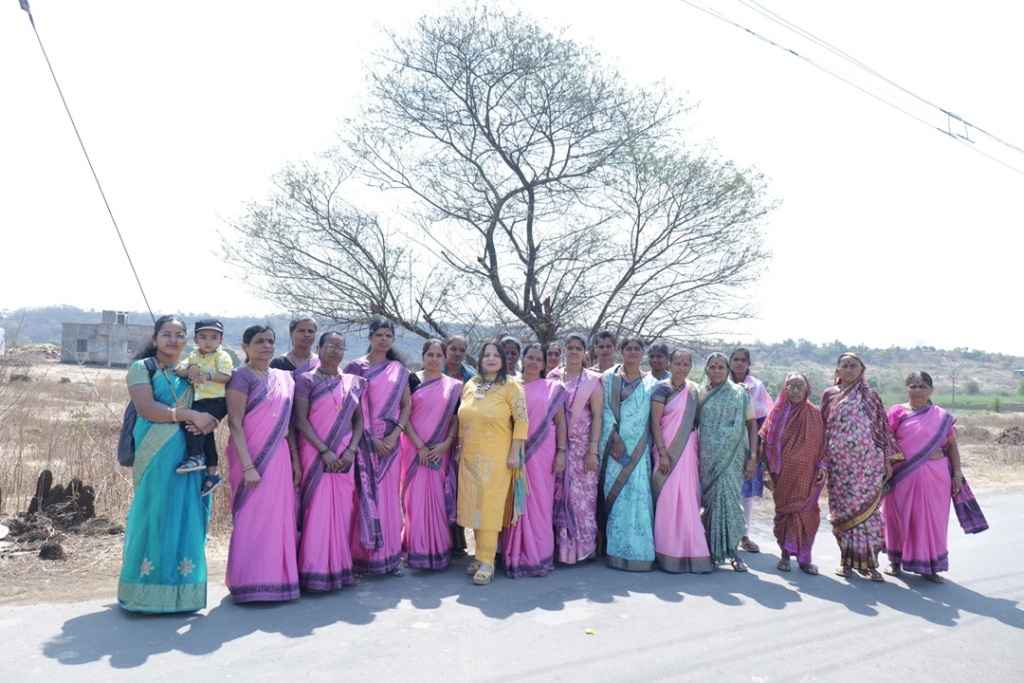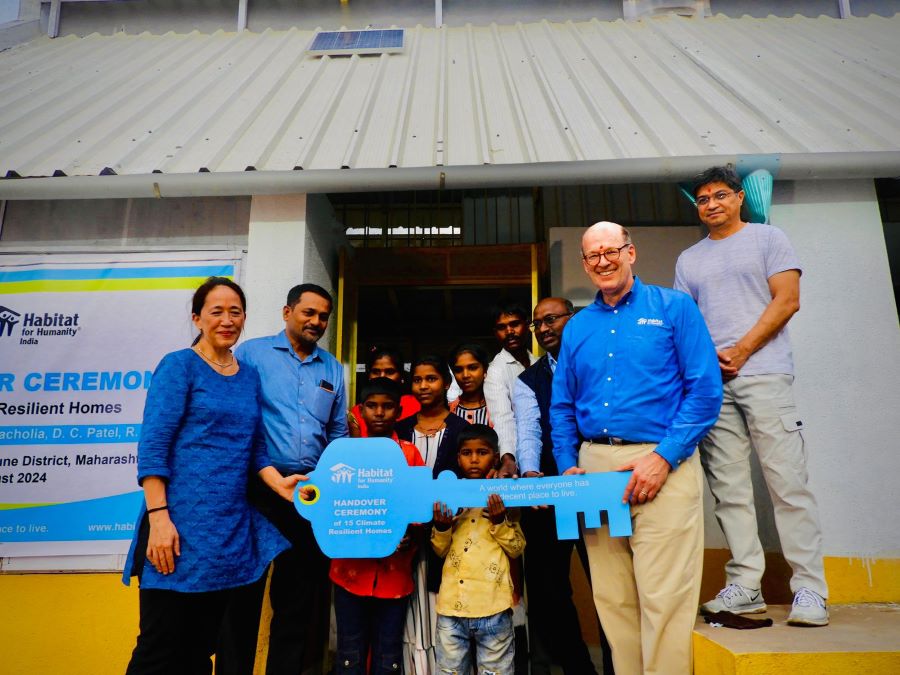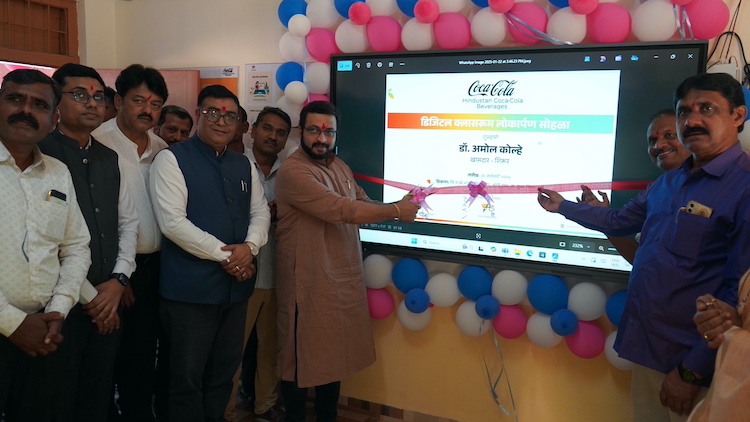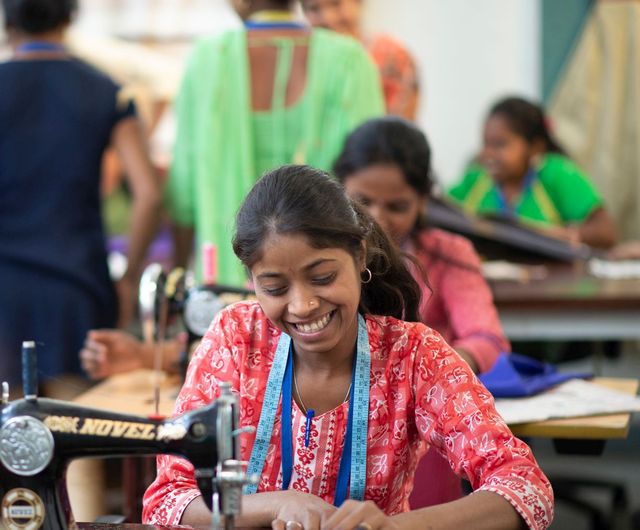Pune is close to the nation’s financial capital and is an emerging hub for business and information technology. This flourishing, culturally rich city belongs to Maharashtra, which is the highest recipient of Corporate Social Responsibility in India. Naturally, Pune has a thriving CSR culture.
In FY2022-23, Pune received the second-largest share of the amount of the total CSR funds spent in Maharashtra. The district received a total of Rs. 1053.09 Cr. from 1384 companies in the last financial year. The top three sectors of focus for CSR initiatives in the district were Health, Education and Environment, which received Rs. 439.3 Cr., Rs. 413.1 Cr., and Rs. 119.3 Cr. respectively. The top three spenders in the district were Serum Institute of India Private Limited (Rs. 125.13 Cr.), Serum Institute Life Sciences Private Limited (Rs. 103 Cr.), and Wipro Limited (Rs. 68.28 Cr.).
Top CSR Projects in Pune
The development sector is taking notice of the impact that long-term interventions are having. We show you the Best Practices of the most successful CSR projects in Pune:
CSR Empowering Lives with Anganwadi Transformation in Pune

The Mars Wrigley Foundation, in partnership with Smile Foundation, inaugurated transformed Anganwadi Centers (AWCs) in Rajguru Nagar and Moshi, Pune on March 25, 2025. Launched in May 2024, the initiative focuses on improving health, nutrition, and education services for women and young children in underserved communities. This is an effort to improve lives by strengthening social connections through social infrastructures that create healthier, more resilient communities.
As per an announcement by the foundation, the Anganwadi Transformation Project has revitalised 10 AWCs, impacting 13 centers overall. To date, the initiative has benefited 1,562 individuals, including children, lactating mothers, pregnant women, and adolescent girls, while indirectly supporting 4,660 community members.
Key highlights of the project include the establishment of 202 kitchen gardens to enhance nutrition, 30 health and hemoglobin screening camps, and two specialized training programs for frontline workers to strengthen community health support. Additionally, 165 awareness sessions have been conducted to educate and empower the community, alongside the distribution of essential resources and the creation of 11 instructional materials for Anganwadi workers and local families.
Marginalised communities of Khed, Pune receive climate resilient homes

Housing non-profit organisation Habitat for Humanity India, in its ongoing commitment to empower marginalised communities through shelter, handed over 15 climate-resilient homes to families belonging to the Katkari tribe living in a tribal hamlet in Wada village located in Khed block of Pune district, Maharashtra in August, 2024.
Habitat for Humanity India identified the 15 families who were living in vulnerable and inadequate housing conditions earlier. Construction of climate resilient homes began in December 2023. These homes are designed in a unique way and consist of a living room, kitchen, bedroom on the first floor, bathroom, and a toilet as well as a veranda. The climate-resilient features of each home include natural ventilation, natural light, solar rooftop and rainwater harvesting system.
Digital Smartboard through CSR at Zilla Parishad Primary School in Pune



